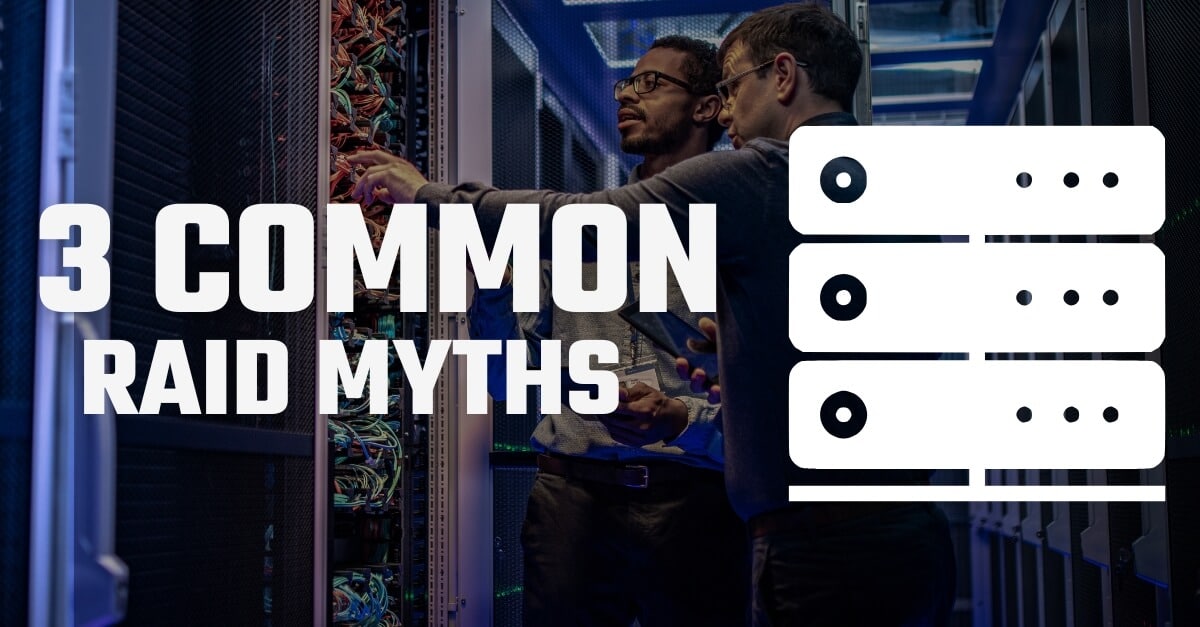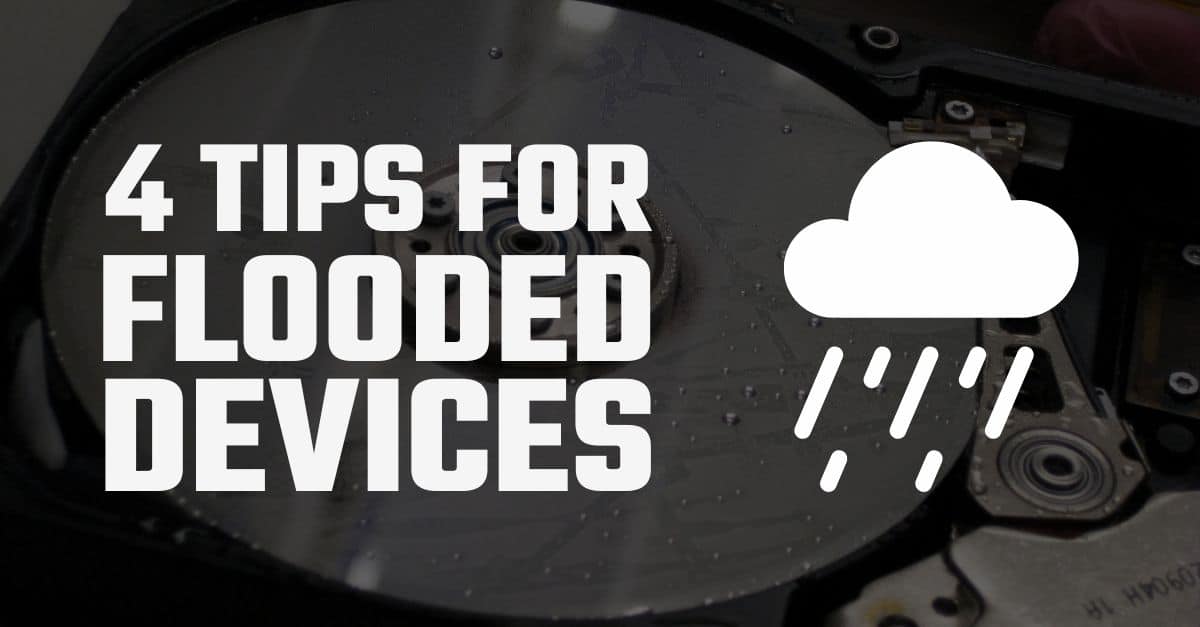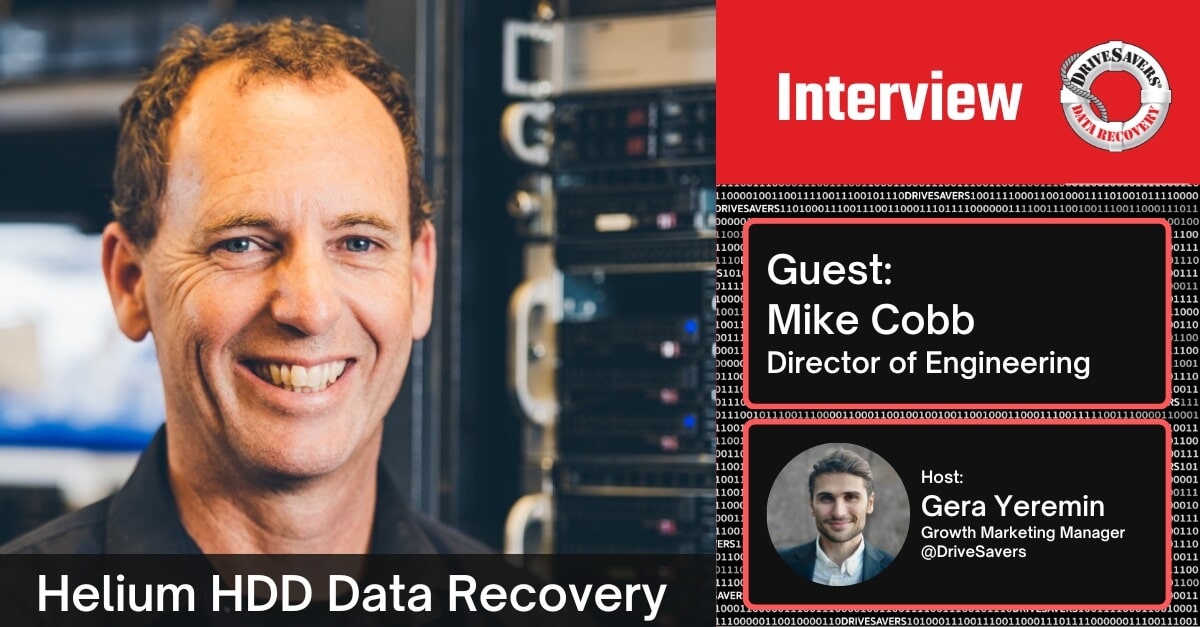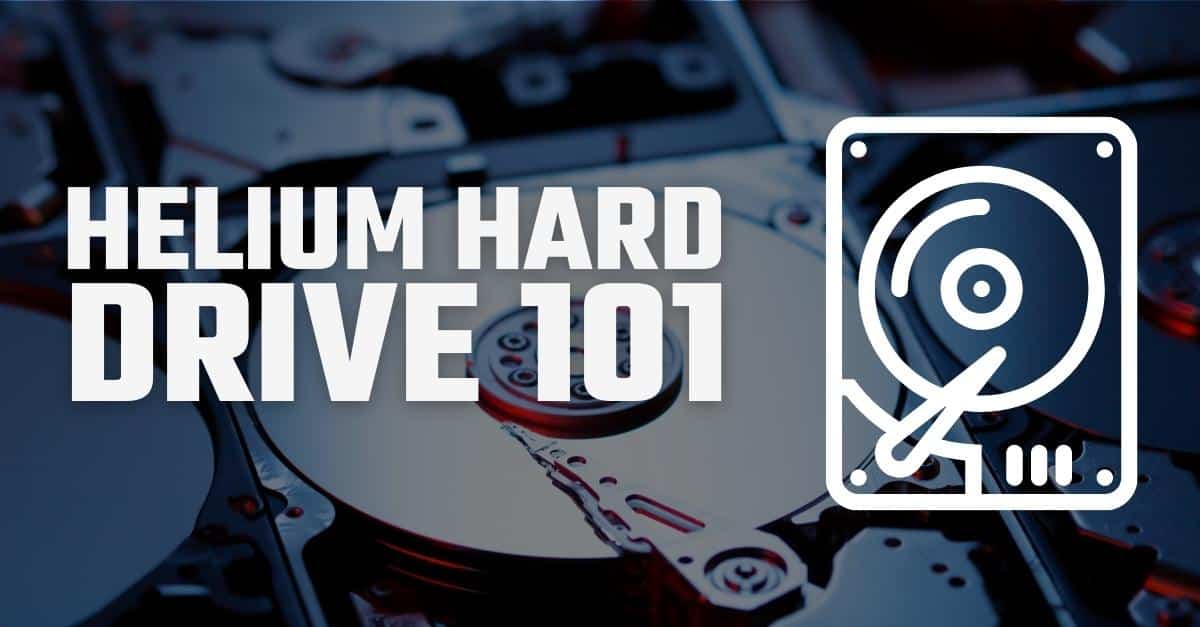PCIe 5.0 SSD 101
Here are 3 common RAID myths that DriveSavers has heard after tens of thousands of server data recoveries.
Best Data Backup Solutions and Practices
If you’re familiar with DriveSavers, you know that we always preach to “back up, back up, back up!” If you’ve ever been a customer of DriveSavers, you know the sinking feeling of knowing you should have been backing up your data. Data loss can occur at any time to any…
3 Misconceptions About RAID Servers
Here are 3 common RAID myths that DriveSavers has heard after tens of thousands of server data recoveries.
Do Cloud Backup Services Hold Water?
Educational article explaining cloud backup solutions, benefits and shortcomings, and how to choose the best fit.
Cybersecurity Report:
The Overlooked Risk in Third-party Data Recovery
Download the printable white paper. Robust risk management is a must in today’s challenging environment of mounting digital attacks on vital company assets and the regulated data they are entrusted to protect. This white paper addresses an often undetected or unattended internal and contractual risk—data recovery. 2021-2022 Data Breach Statistics…
Data Recovery Tips: Handling Flooded, Water-Soaked Devices
Tips from the experts at DriveSavers Data Recovery that will help maximize the chances for the successful recovery of water-damaged devices.
11 Tips for a Stronger Password
Weak passwords can make it easy for someone to access your personal data. Here are some good tips to follow when creating passwords.
Helium HDD Data Recovery: Interview with Mike Cobb, Director of Engineering at DriveSavers
Since helium hard drives came to the market at the very tail end of 2013, DriveSavers has seen more and more helium-filled hard disk drives coming in each year for data recovery. Director of Engineering Mike Cobb shares his insight into data recovery for these unique devices and why data loss occurrences are happening more frequently. It’s not what you might expect!
Helium Hard Drive 101
Helium hard drives are an excellent option for individuals and companies that need high-density storage and want to reduce their carbon footprint. For example, helium hard drives can hold more data than conventional drives. They’re also much more efficient at heating up and cooling down when working with older data.












